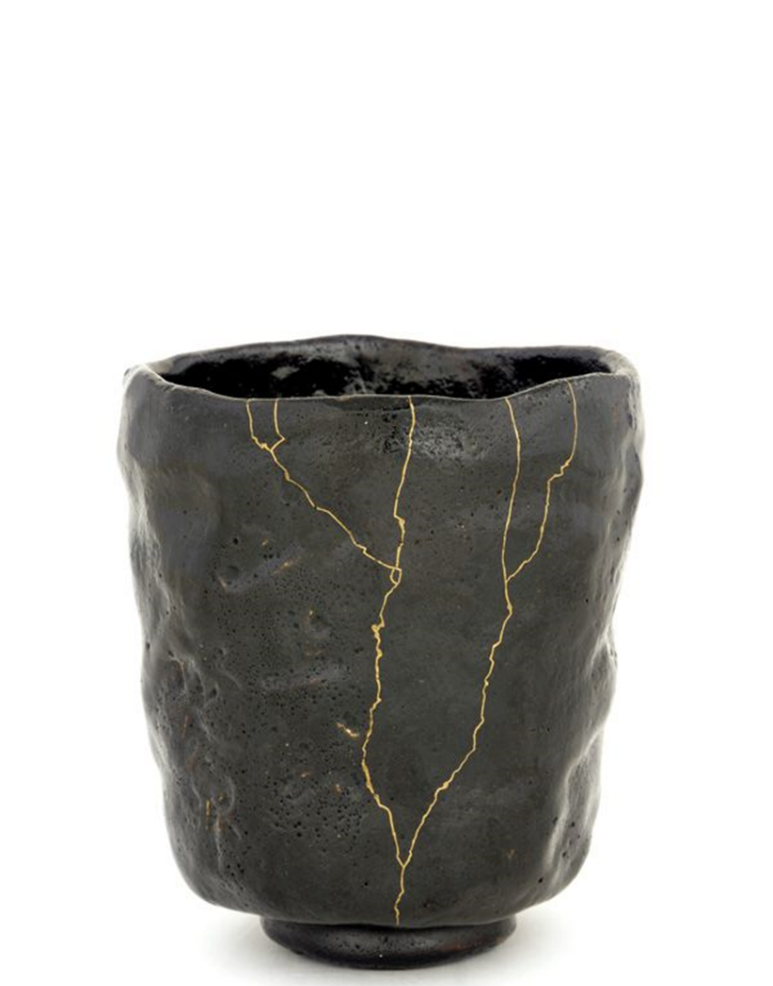Kintsugi. The story is told that in the early 15th century a Chinese ruler broke a treasured bowl. The hackneyed repair with ugly staples angered the shogun. He commissioned his craftsmen to develop a means of repair that would reclaim and enhance the original vessel. They created a method that mixed lacquer with gold to seal and repair the cracks. Kintsugi became so popular that repaired vessels sold for more than the unbroken.
We live in a broken world. Yet, the work of Christ to renew and repair us makes us better than new. Cracks of hurt and failure are filled with His grace. We revel in the renewed vessels we are and long for the glorious vessels we will be someday.
This issue of Dedicated focuses our attention on the work of God to make us and our world new. Mark Jacobson captures the past, present and future works of redemption from Scripture. Mike Fleischmann reveals the practical motivation of redemption to move us to faithfulness.
On redeeming culture, Kent Kersey wrestles with what our expectations should be in redeeming culture. Jim Hills reflects on the perspective believers should have on free speech and Christian speech. Sam Baker presents a model for redeeming our youth in a frenzied technological era. Our two book reviews also reflect on redemption. Allen Jones reviews The Road to Missional: Journey to the Center of the Church by Michael Frost. Garrett Trott reviews Habits of the Mind: Intellectual Life as a Christian Calling by James Sire.
Helping us to rejoice in God’s work, Collette Tennant captures our joys in her two redemption poems.
Made new and being made new.
Greg Trull, Editor
Dean, Corban University School of Ministry

